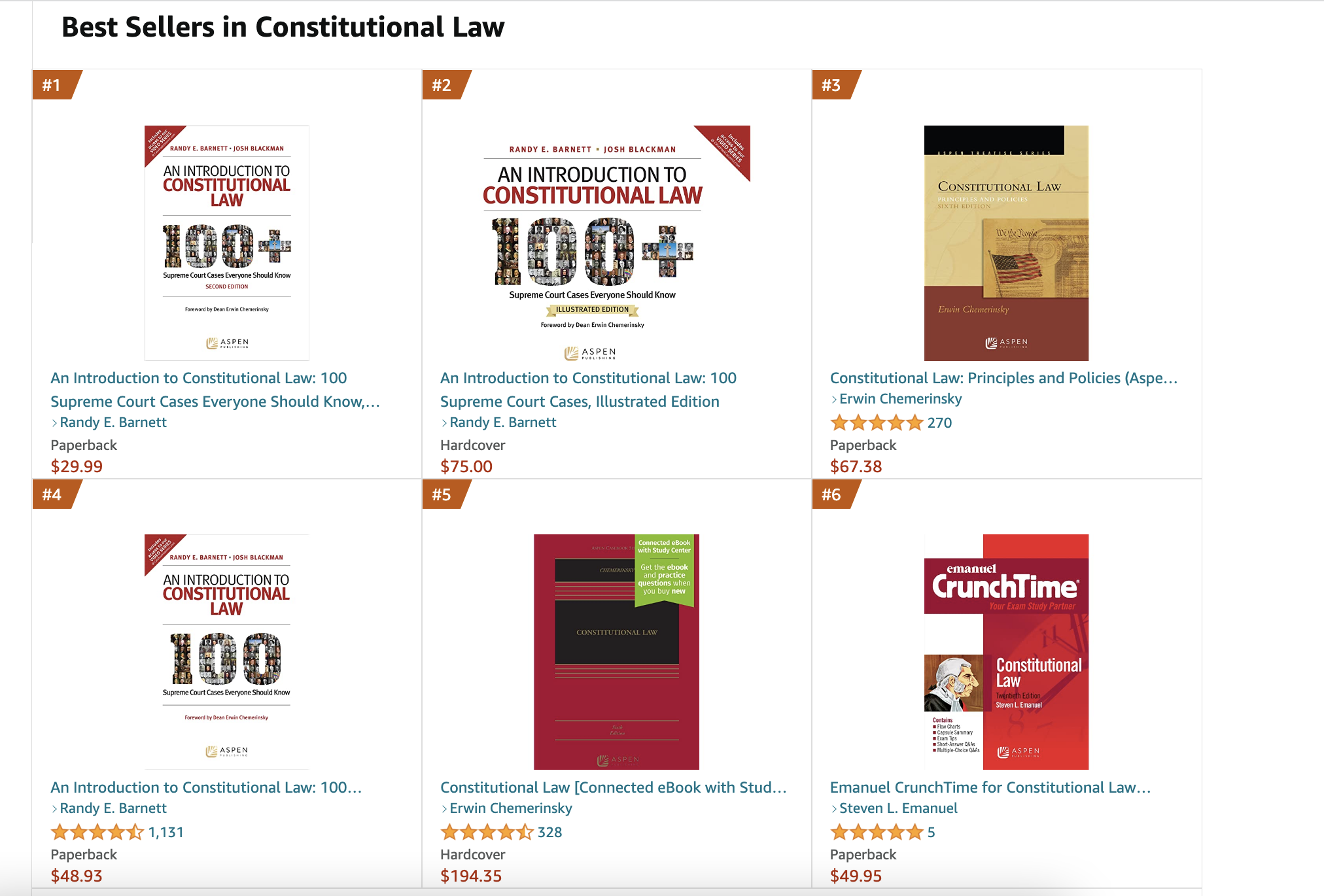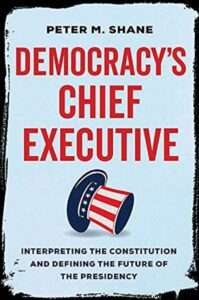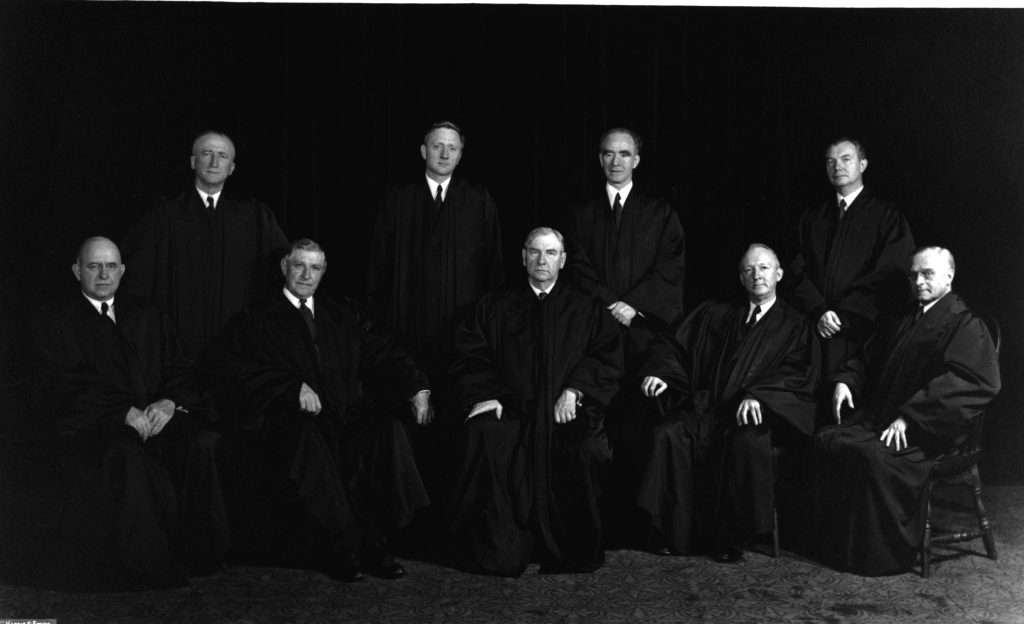This post presents the data for the mass murders by the Nazi regime and its allies, by Communist regimes and their allies, and by other governments. This week is an especially appropriate time to reflect on mass murder by government. Kristallnacht was 84 years ago today, November 9, 1938. Two days ago, November 7, was the National Day for the Victims of Communism.
During the 20th century, governments murdered over 200 million people. This figure excludes battle deaths from wars. The tables below are from my just-published article Guns Kill People, and Tyrants With Gun Monopolies Kill the Most, 25 Gonzaga Journal of International Law 29 (2021). The data cover 1900 to 1987 and are mainly based on the scholarship of the late University of Hawaii political science professor Rudolph J. Rummel. The few instances in which different figures are used are explained in my article.
The tables below do not used the word "genocide," because that term, as defined in the Convention on the Prevention and Punishment of the Crime of Genocide, is too narrow. At the insistence of Josef Stalin, the Genocide Convention applies to some mass murders by government (e.g., targeting racial, ethnic, or religious groups) but not to others (e.g., targeting victims for class warfare or ideological reasons). Hence, prof. Rummel coined the term "democide" to describe noncombat mass murders for any reason.
As the tables indicate, mass murders are perpetrated by dictatorial regimes of various stripes. Communist regimes are far away the most murderous. The tables list 17 communist regimes that murdered at least 100,000 people. Overall, the communists murdered approximately 168,759,000 from 1900 to 1987.
On the whole, the most-murderous fascist regimes proved to be less durable than their communist counterparts, so their killing sprees did not last as long. The 1900-87 murder count by fascist regimes was 27,848,000.
Fascist regimes are those that were explicitly aligned with the political theories of Italian dictator Benito Mussolini. Mussolini had been a socialist, but he broke with the party because of its internationalist class perspective and its opposition to World War I. Mussolini recast the totalitarian side of (some) socialist ideology into a nationalist mold.
All these figures are rough midpoint estimates. They come from a scholar who dedicated his outstanding career to quantifying mass murder by government and examining it causes.
TABLE 1
Mega-Murders—Over 1 Million Victims
Regime Years Democide (000,000s) Summary
A. Dekamurders (over 10 million victims)
People's Republic of China. 1949-87. 87.6 million people murdered. Mao et al. communist regime. Does not include 3.5 million murders by Chinese communists during the 1927-49 civil war.
Union of Soviet Socialist Republics. 1917-87. 61.9 million people murdered. Communist regime. Includes 54.8 million within the Soviet Union, plus 6.9 million in areas conquered by the USSR. Josef Stalin's rule (1929-53) accounts for 43 million. On an annualized basis, the pre-Stalin regime founded by Lenin was more murderous than the post-Stalin one.
Germany. 1933-45. 20.9 million people murdered. National Socialist German Workers Party (Nazi). Includes Hitler regime's murders throughout occupied Europe. Does not include WWII battle deaths.
China, 1928-49. 10.1 million people murdered. Kuomintang party. Although the party was originally Leninist in orientation, I did not count them in the communist total.
Read More






Show Comments (178)